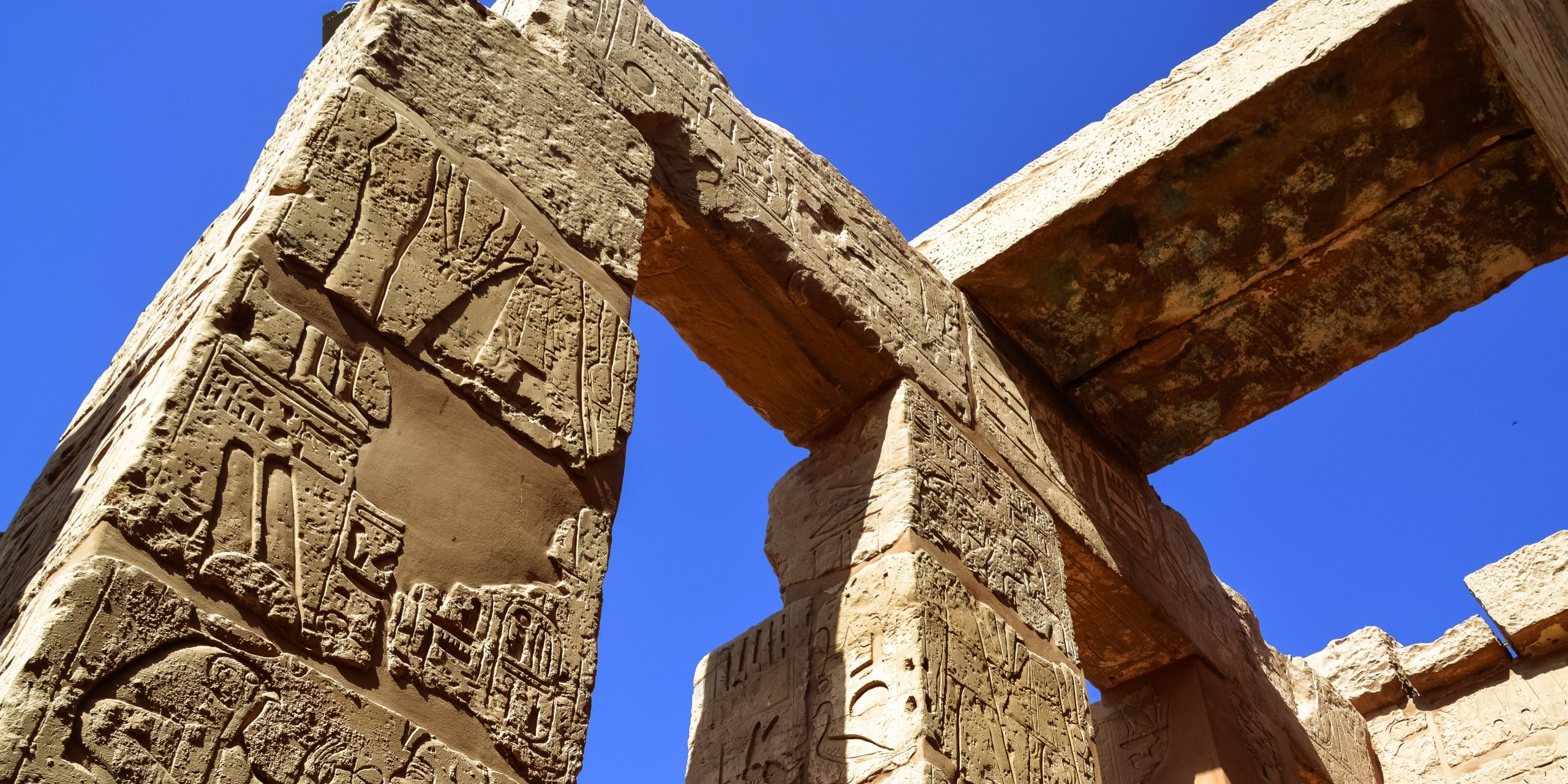
On the occasion of the International Day for Universal Access to Information, the International Science Council launches a new lecture series on the history of scientific publishing by ISC Patron and Founding Director of the Bibliotheca Alexandria, Ismail Serageldin.
Serageldin will take participants on a journey through 50 centuries of scientific publishing – building on the past, incubating the future, and elevating our imaginations to what he describes as an “alien world” for the future of scientific publishing.
UNESCO’s theme for the 2021 International Day for Universal Access to Information highlights the role of access to information laws and their implementation to build back strong institutions for the public good and sustainable development, as well as to strengthen the right to information and international cooperation in the field of implementing this human right. The COVID-19 pandemic has proven worldwide the urgent need for universal and equitable access to scientific knowledge, data and information. Building back better after the COVID-19 pandemic will only be possible if Open Science becomes the new normal for practicing science, disseminating its results and enjoying the benefits of its progress.
As a key pillar to access to information, Open Science, is becoming more important as an emerging paradigm for science, as is demonstrated by the ongoing development of an international standard-setting instrument on Open Science in the form of a UNESCO Recommendation on Open Science to be adopted by Member States November in 2021.
Our commitment to freely accessible information will only be effective if it is truly universal. In other words, it must leave no one behind. This is why we urge all countries to adopt legislation in this field, and to strengthen the implementation of such guarantees where these already exist. Governments must ensure safe and transparent data collection, strengthen record keeping and enable accurate analysis.
Audrey Azoulay, Director General, UNESCO, on the occasion of the International Day for Universal Access to Information, 28 September 2021
The free and responsible practice of science is fundamental to scientific advancement and human and environmental well-being, and is enshrined in Statute II., Article 7 of the International Science Council. Such practice, in all its aspects, requires freedom of movement, association, expression and communication for scientists, as well as equitable access to data, information, and other resources for research. The Universal Day for Access to Information is therefore a fundamental pillar to realizing scientific advancement.
In Serageldin’s first lecture on the history of scientific publishing – essential to disseminating scientific results – he discusses how the invention of writing and paper led to the notion of record keeping, and in turn, scientific endeavour.
What can we say about this important subject? First, let us review the past, for certainly, what we know of science is thanks to the fact that it was written down in various periods and times.
Ismail Serageldin, ISC Patron
To receive advance notice for the lecture series, sign up to the ISC newsletter below.
Learn more
The ISC has released a discussion paper on Open Science for the 21st Century as part of the ongoing Open Science project, and a report on Opening the record of science: making scholarly publishing work for science in the digital era as part of the Future of Scientific Publishing project.
Photo by Jeremy Bezanger on Unsplash